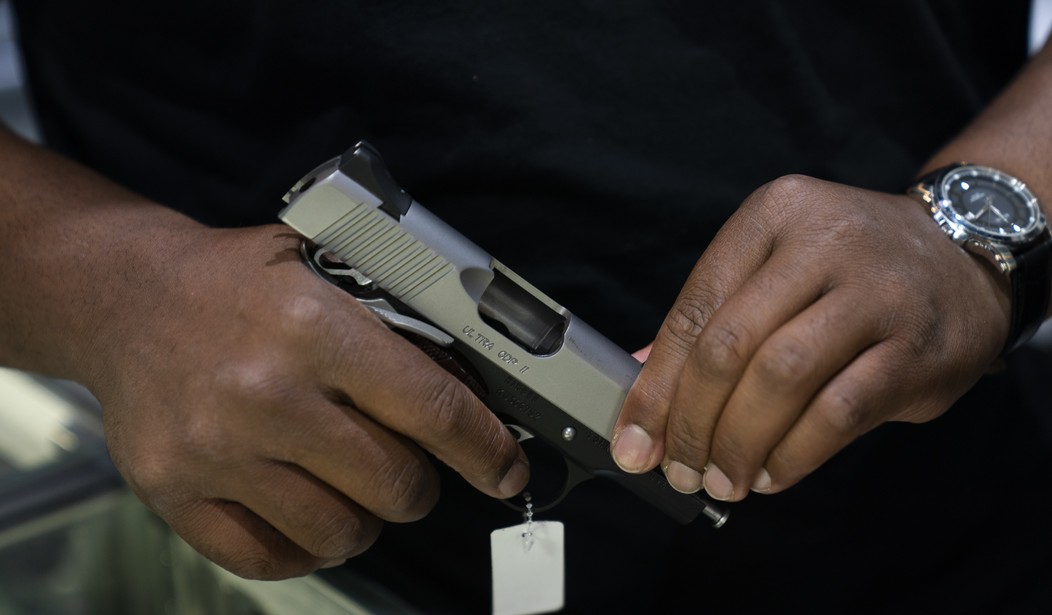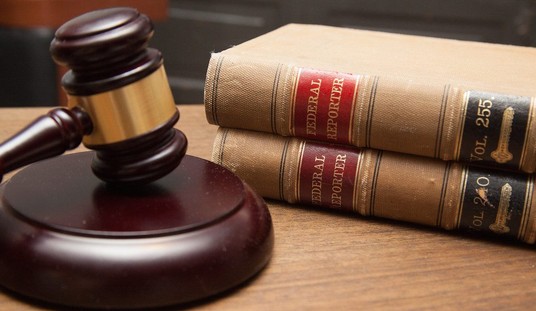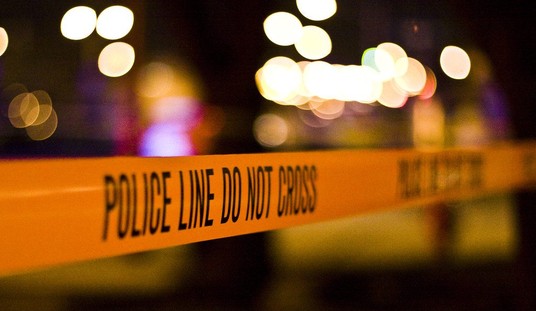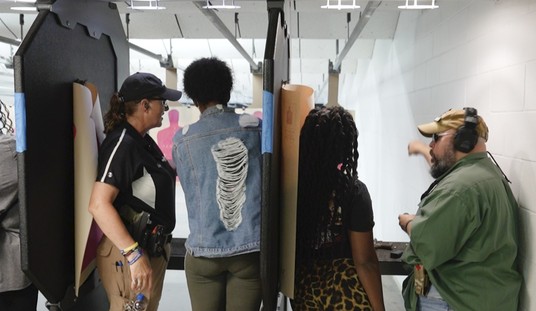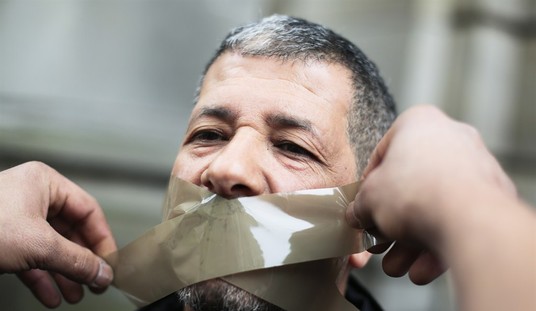All around the nation, there’s been an increase in violent crime over the last couple of years. That’s an inescapable fact. The statistics we’ve seen make it clear that homicides and other violent offenses are clearly on the rise from the lows of just a few years ago.
And, unfortunately, this follows a huge surge in gun purchases in the lead-up to lockdowns.
For many, that’s all the evidence they need to conclude that gun sales are fueling the violent crime surge itself.
However, that’s really not what’s happening.
The best Democrats and their liberal media allies can do to dismiss the rise in crime as a Republican problem is to tie it to gun control. But their proof is sorely lacking.
The New York Times attempted to do just this in reporting that gun homicides and suicides have risen since 2019. Roni Caryn Rabin detailed the numbers from the Centers for Disease Control and Prevention before trying to tie them to gun sales. “Although the CDC research does not address the underlying causes, the increase in firearm deaths parallels a spike in gun purchases during the pandemic, including an increase in first-time owners,” Rabin wrote.
She then said that “Americans went on a gun-buying spree” and that “purchasers often turn to handguns for self-protection, but research has shown that having a firearm in the home dramatically raises the risk of gun death.” (This last claim, by the way, references a 29-year-old study plagued with serious methological problems.)
Is there any proof that the surge in homicides or suicides is directly tied to gun sales? Of course not — but liberals don’t need proof that gun control prevents gun deaths, as Gov. Kathy Hochul (D-NY) reminded everyone.
While the question of gun-related suicides (up 10% since 2019, compared to other forms of suicide being down 8%) is up in the air, the increase in gun homicides has a clear point. Yes, gun sales increased substantially in 2020, spiking in March at the start of the pandemic and again in June when Black Lives Matter riots hit several cities. Crime spiked at the same two points, but liberals have the correlation backward. Crime did not rise because of gun sales, gun sales rose because of crime.
Go and read the whole thing. It’s an interesting read, to say the least, but at its core, it’s accurate.
People bought a lot of guns in the lead-up to COVID lockdowns because of concerns about crime. I mean, take a look at what we routinely saw on grocery store shelves at the time. Lots of empty spots for not just toilet paper and hand sanitizer, but also canned goods. It made a lot of people nervous as to what desperate people might do.
So they bought guns.
As the author points out, we know that criminals don’t buy guns lawfully. They generally obtain them through some illegal means such as buying them on the black market, conducting a straw purchase arrangement, or stealing them outright.
Violent crime, however, had little to do with those gun sales.
“But gun sales increased then crime surged,” someone might claim. However, that’s correlation, not causation, and we’ve already got one journalist tripped up over that. Correlations can exist for a number of reasons, such as the one the author of this piece suggests–where the causation actually goes the other direction than the one the narrative prefers–or can exist for no reason at all. This website is filled with correlations that have nothing to do with one another but look pretty strong.
They’re not.
And here, this correlation doesn’t have anything to do with gun ownership except that people bought guns in response to violent crime.
Let’s remember that June 2020, when things got really ugly, was a time when entire cities burned for days at a time. That drove legions of people to go and buy guns.
Further, let’s remember that a few cities didn’t see an increase in violent crime. Dallas, for example, didn’t. Miami didn’t either. Both of those are cities in pro-gun states, while we saw increases in a lot of anti-gun cities like Chicago and Los Angeles.
So while it’s easy to throw around correlations and pretend they’re meaningful, the reality is that gun sales didn’t spur anything on.
Pro-criminal policies and a blind eye toward rioting, however, likely did.

